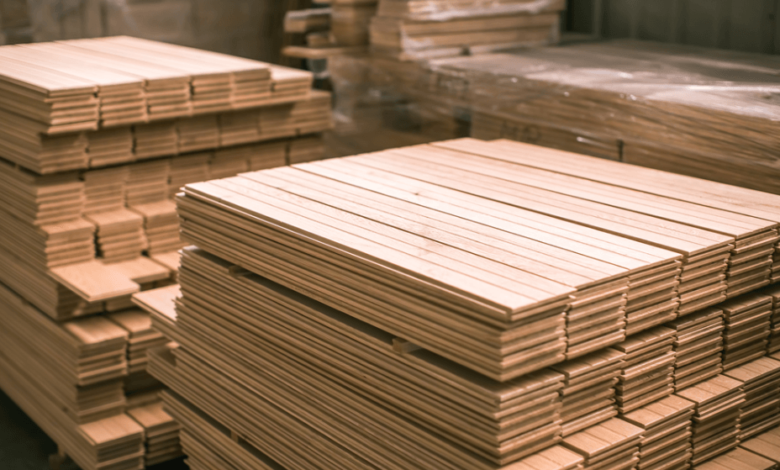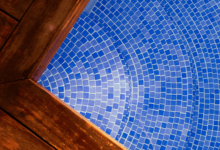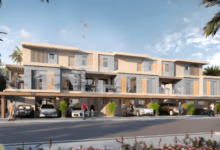Top 10 Advantages of Using Calibrated Plywood in Construction

In the world of construction, selecting the proper materials is critical to assuring quality, longevity, and efficiency. Among the different varieties of plywood available, calibrated plywood has emerged as a popular choice among builders and architects. Calibrated plywood is known for its precision and homogeneity, and it has various advantages that make it a perfect material for a variety of applications. In this blog, we will look at the top ten benefits of utilising calibrated plywood in construction.
1. Superior Thickness Uniformity
One of the most distinguishing qualities of calibrated plywood is its uniform thickness. Unlike conventional plywood, which can vary in thickness, calibrated plywood is treated precisely to ensure that each sheet is the same thickness throughout. This homogeneity is critical in applications that demand precise measures, such as cabinetry, furniture, and interior panelling.
2. Enhanced Strength and Durability
Calibrated plywood is made with tight quality controls, resulting in a product that is stronger and more durable than normal plywood. The constant thickness ensures even load distribution, making it less likely to warp, crack, or bend. This strength makes it suitable for heavy-duty applications such as flooring and roofing.
3. Better Surface Finish
Calibrated plywood, with its accurate thickness and flat surface, is a great foundation for veneers, laminates, and other surface finishes. The even surface requires less sanding and preparation, saving time and effort during construction. This makes it an excellent choice for high-end furniture and interior design projects.
4. Increased Stability
Calibrated plywood has superior dimensional stability due to the precision with which it is manufactured. This implies that the plywood is less prone to expand or contract with variations in temperature or humidity, making it appropriate for usage in a variety of climates. This stability is especially significant in areas with extreme weather conditions, as it ensures the lifespan of constructions built on it.
5. Easy Workability
Calibrated plywood is much easier to deal with than other varieties of plywood. Its uniform thickness and smooth surface allow for easy cutting, drilling, and shaping without splintering or harming the material. This workability accelerates the construction process and eliminates material waste, making it an economical choice for builders.
6. Environmentally Friendly
Many calibrated plywood manufacturers employ sustainably produced wood and follow environmentally responsible manufacturing processes. This not only helps to reduce environmental effect, but it also ensures that the plywood is free of hazardous chemicals and pollutants. Builders seeking green building materials will find calibrated plywood to be an excellent alternative for environmentally responsible construction.
7. Versatility in Applications
Calibrated plywood’s strength, durability, and precision make it ideal for a variety of applications. This versatile material may suit a variety of construction applications, including structural, interior panelling, and furniture manufacture. Its versatility to various finishing procedures makes it useful in a wide range of tasks.
8. Improved Load-Bearing Capacity
Calibrated plywood can withstand heavier weights than conventional plywood due to its uniform thickness and increased strength. This makes it ideal for flooring systems, shelving, and other applications requiring high load-bearing capability. Builders can rely on calibrated plywood to provide strong and dependable support in both residential and commercial buildings.
9. Cost-Effective
While calibrated plywood is slightly more expensive than standard plywood at first, it is a more cost-effective option in the long run. The reduced need for additional materials, such as fillers or adhesives, as well as the reduced chance of faults or damage, result in cost savings for the total construction project. Calibrated plywood’s longevity also means that it requires less repairs and replacements over time, which adds to its affordability.
10. Consistency in Quality
Calibrated plywood is manufactured under strict quality control standards, guaranteeing that each sheet satisfies the necessary parameters. This consistency in quality instills confidence in the material in builders and architects, ensuring that it will function as expected in their projects. Whether for large-scale building or small DIY projects, calibrated plywood produces consistent and trustworthy results.
Read also: Decorate Your Home this Diwali With These Simple Ideas
Conclusion
Calibrated plywood provides a number of benefits, making it a good choice for a variety of building applications. Its consistent thickness, increased strength, and superior surface quality make it an ideal material for structural and aesthetic applications. By using calibrated plywood, builders can ensure the quality, longevity, and efficiency of their construction projects, making it an excellent investment for any construction project.
As the building industry evolves, materials such as calibrated plywood become increasingly important in addressing demands for precision, sustainability, and versatility. Whether you’re a professional builder or a do-it-yourself enthusiast, using calibrated plywood in your projects can improve the quality and durability of your work.







